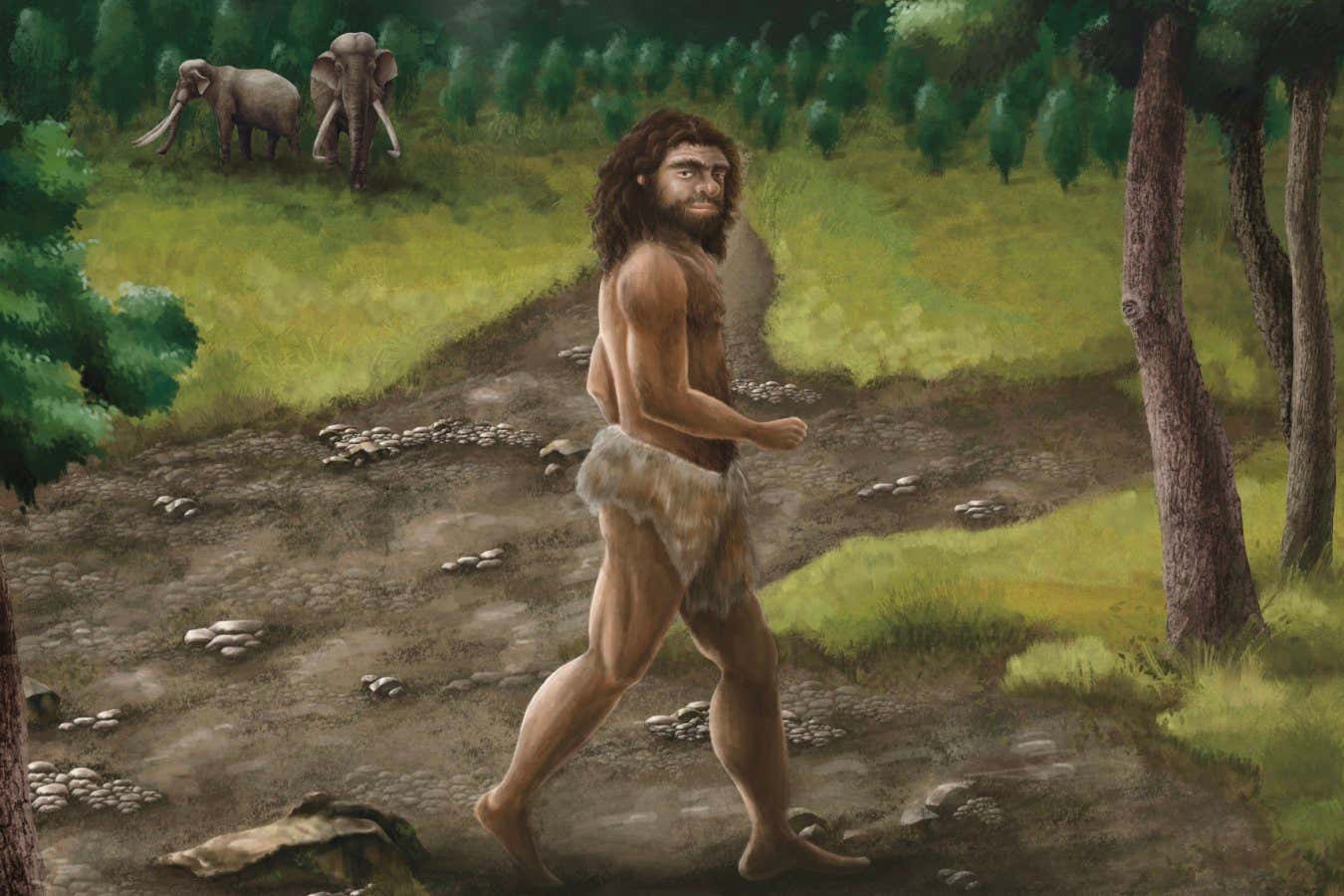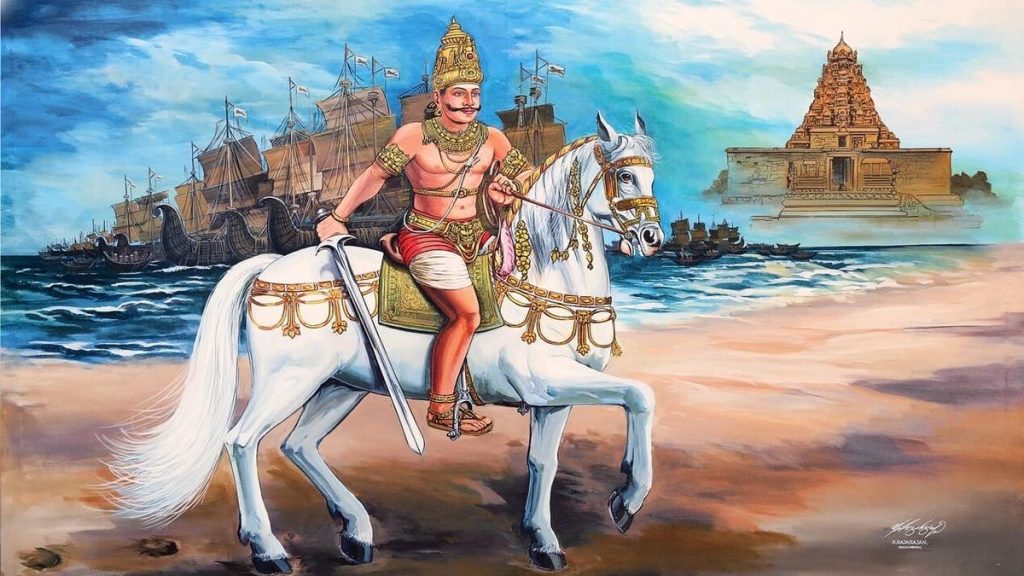Now Reading: Taiwan Fossil Offers Insight into Mysterious Denisovan Ancestors
-
01
Taiwan Fossil Offers Insight into Mysterious Denisovan Ancestors
Taiwan Fossil Offers Insight into Mysterious Denisovan Ancestors

### Speedy Summary
– A fossilized jawbone discovered by fishers in the Penghu Channel, Taiwan Strait, has been identified as belonging to Denisovans, a group of ancient humans.
– Denisovans were first described in 2010 from a finger bone found in Denisova Cave in the Altai Mountains, Russia.
– Despite limited fossil discoveries, traces of Denisovan DNA persist in certain modern human populations, indicating their widespread presence across East Asia.

*Illustration of a Denisovan male from ancient Taiwan*
Credit: Cheng-Han Sun
[Read More](https://www.newscientist.com/article/2475938-denisovan-fossil-from-taiwan-gives-clue-to-mysterious-ancient-humans/?utm_campaign=RSS%7CNSNS&utm_source=NSNS&utm_medium=RSS&utm_content=home)
—
### Indian Opinion Analysis
The discovery broadens our understanding of the geographical spread and cultural meaning of early hominins like the Denisovans. for India, which lies along Asian migration pathways, similar investigations could yield insights into ancient human settlements and genetic inheritance within local populations. This breakthrough emphasizes the importance of scientific collaboration across borders for advancing archaeological and genomic studies-fields with critical applications for understanding India’s own prehistoric demographic transitions.




























